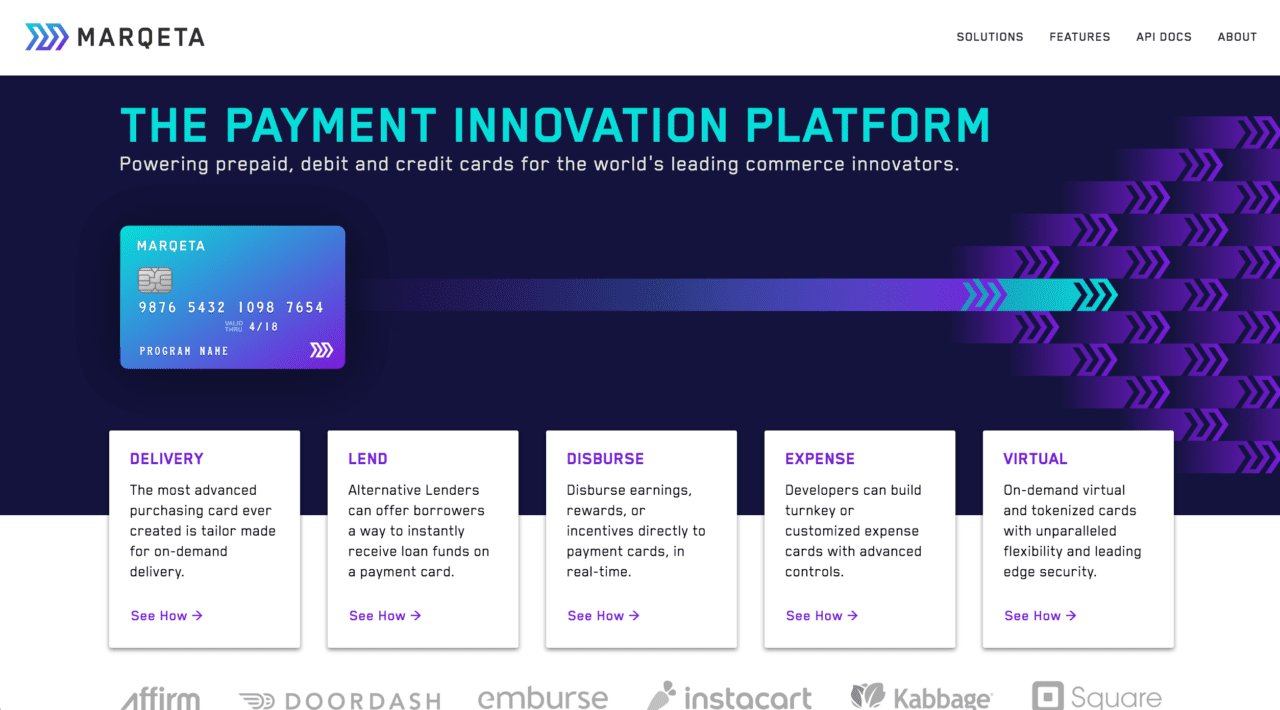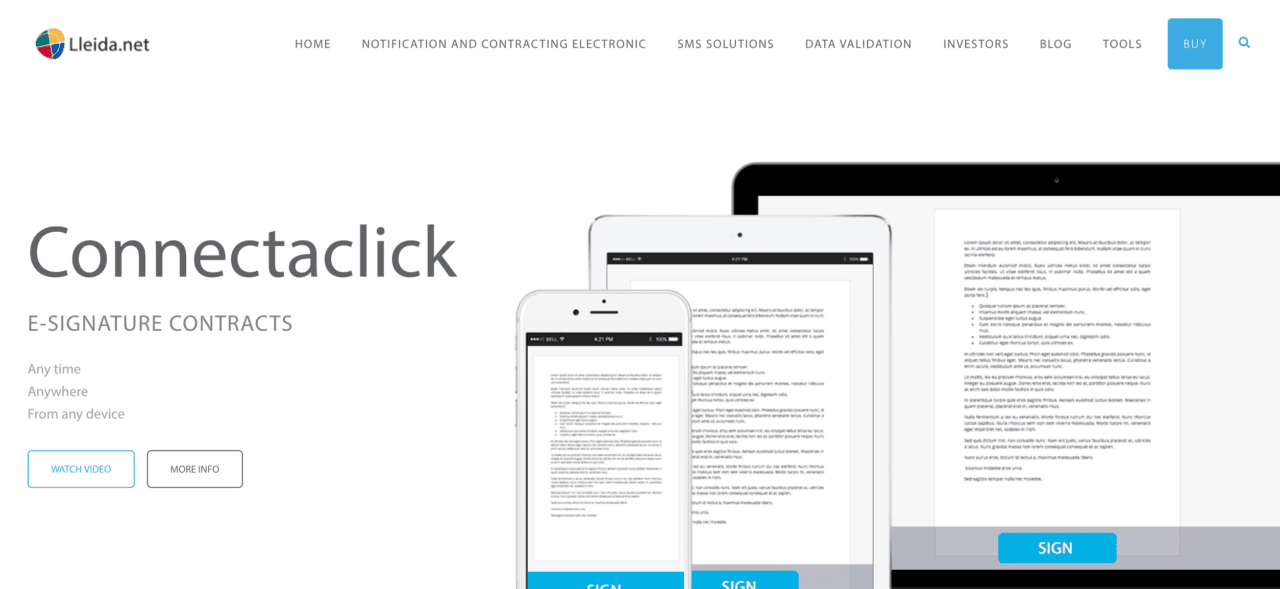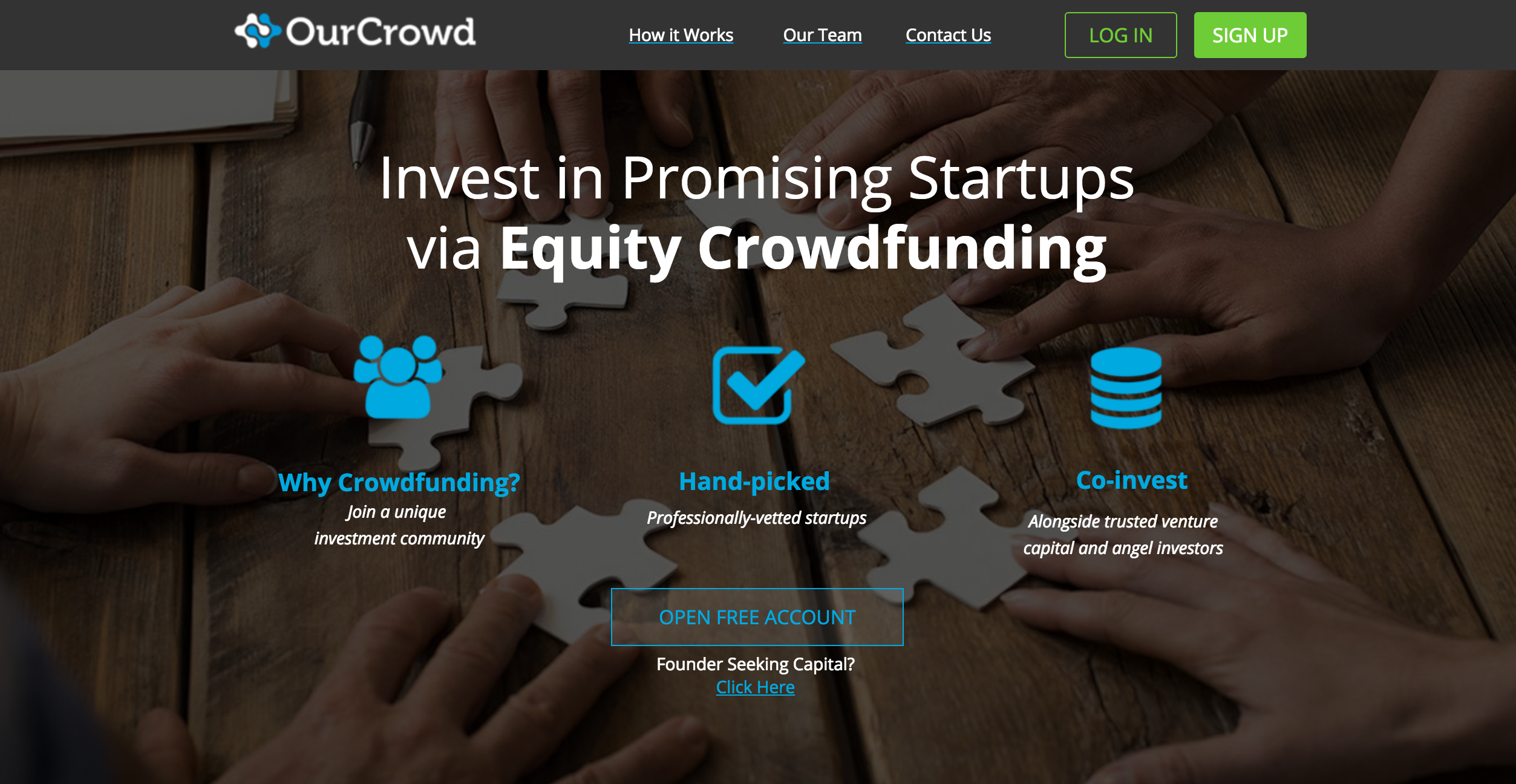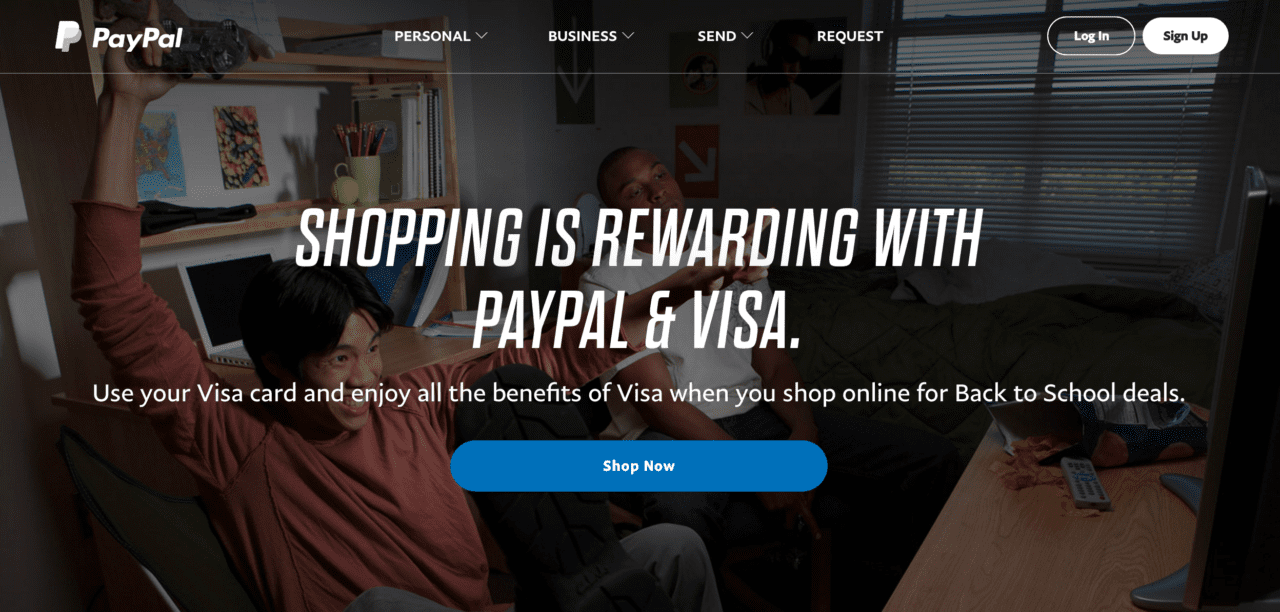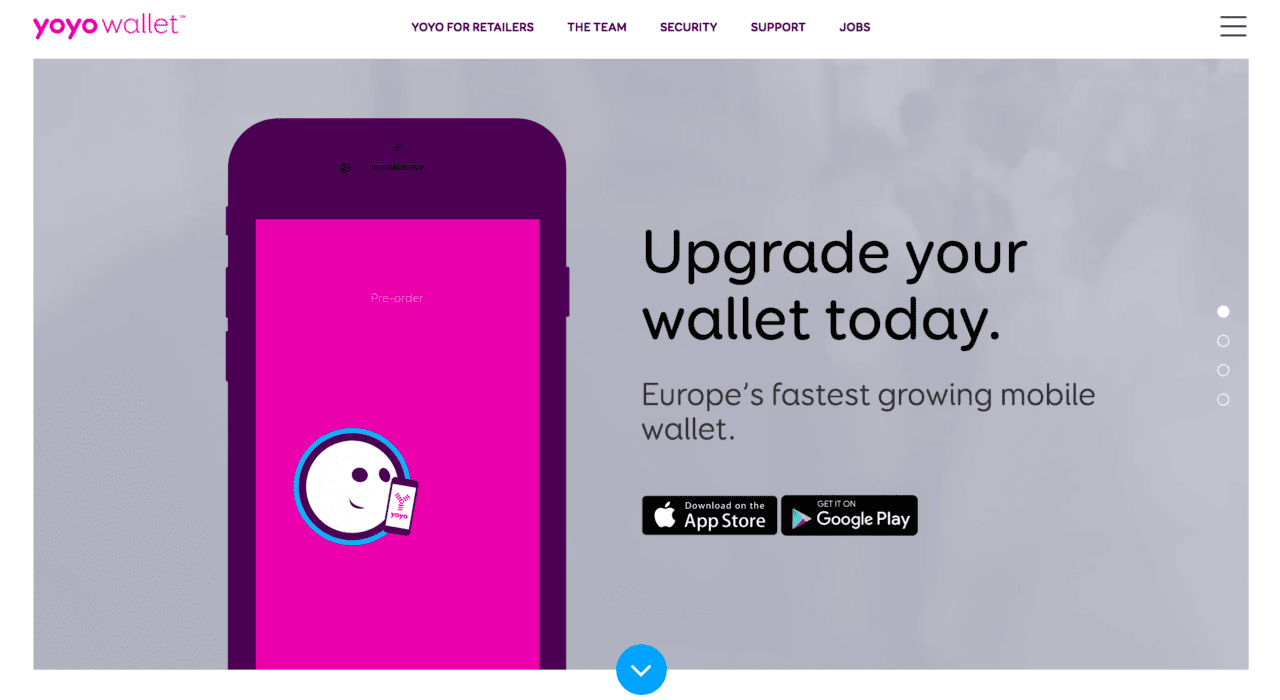
The mobile wallet market in the U.S. is being inundated with apps from Samsung Pay, Apple Pay, CVS Pay, Wells Fargo Wallet, Xiaomi’s Mi Pay, and many others. Meanwhile, London-based Yoyo Wallet with its slow-and-steady approach is starting to take off with both merchants and consumers.
You might think of Yoyo Wallet as the Venmo of the mobile-wallet industry since the app has struck a nerve with millennials. The mobile wallet generates a unique QR code for each transaction and allows retailers to in-build rewards and loyalty to incent first-time customers and encourage repeat business.
The startup was recently featured in Fusionwire, which interviewed Yoyo’s cofounder and CRO Michael Rolph, who said:
Over the last six months we’ve gone through this evolution that I think is fairly unique in any company’s life cycle. We’ve probably done the most important work of our lives over this time in order to lay the foundations for scaling. We’ve signed some pretty monumental deals; deals we might well look back on in years to come and say: ‘That was the turning point.’ It’s the exciting part now … you know you’ve got something, the question is: How big can you make it? This scaling-up phase will be very challenging, but that also makes it huge fun to be part of.
Rolph went on to describe Yoyo’s growth since launching, explaining that within the next few months, the company will have a workforce of 40 people, which is double the number Yoyo employed just 12 months ago. “We’ll need for all of us to be at the top of our game,” he said, since he expects Yoyo’s user-base numbers to balloon beginning next year.
Yoyo processes 400,000 transactions per month for mobile wallet users at 65 U.K. universities, 150 large corporate offices—including Accenture, JP Morgan, Visa, and HP—and retail locations. By the end of this year, the company expects to expand to 100 universities and 250 corporate offices.
Yoyo debuted at FinovateEurope 2015. Since then, the company has made inroads into Asia after launching at National University in Singapore. In late 2015, the company quietly began rolling out with partners in the U.S. As for what’s next, Rolph mentioned that the company is close to launching with “several very well-known retailers with a strong presence across the U.K., and specifically London.”
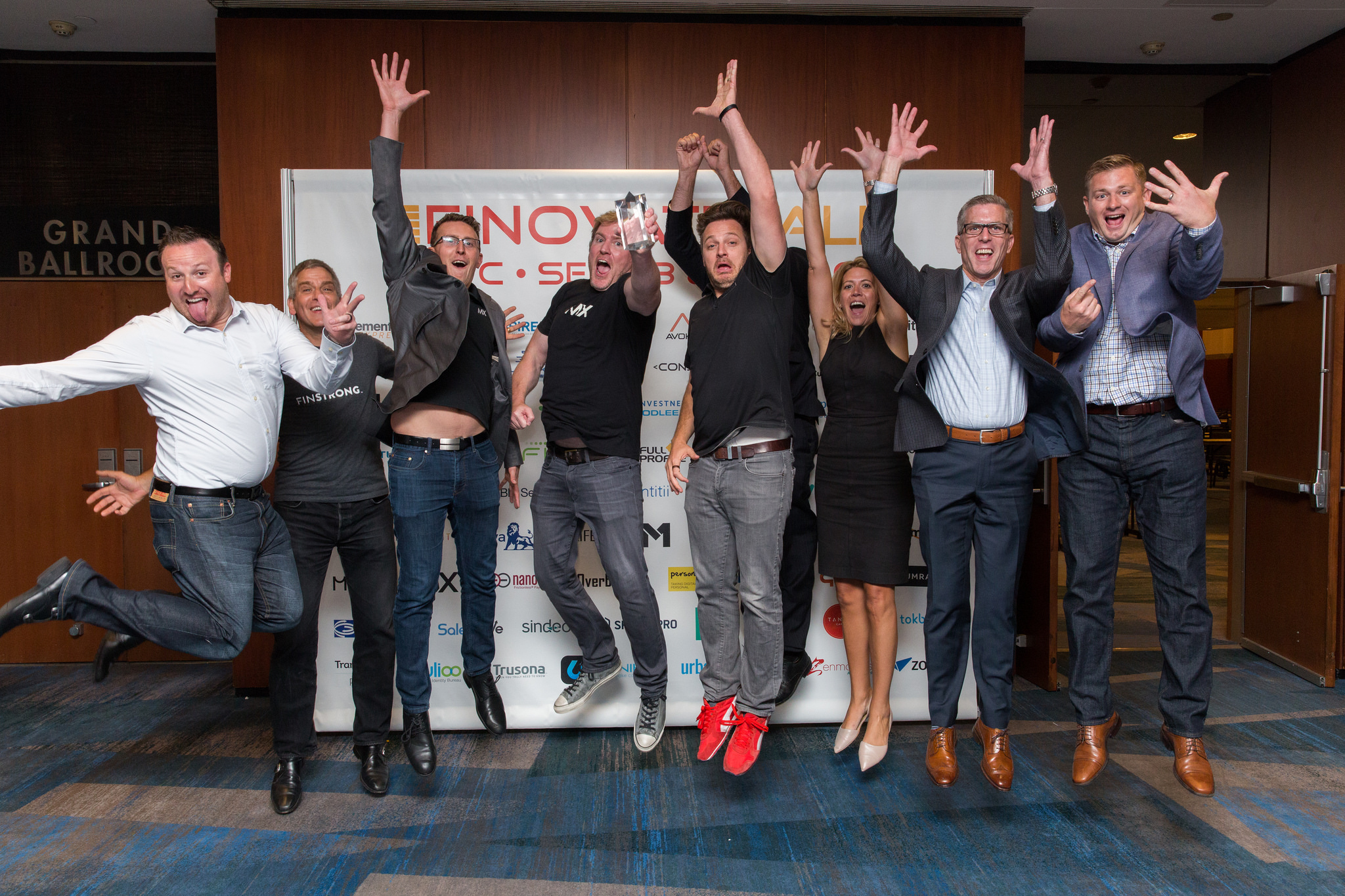 Above: MX jumps for joy to celebrate the company’s Best of Show win.
Above: MX jumps for joy to celebrate the company’s Best of Show win.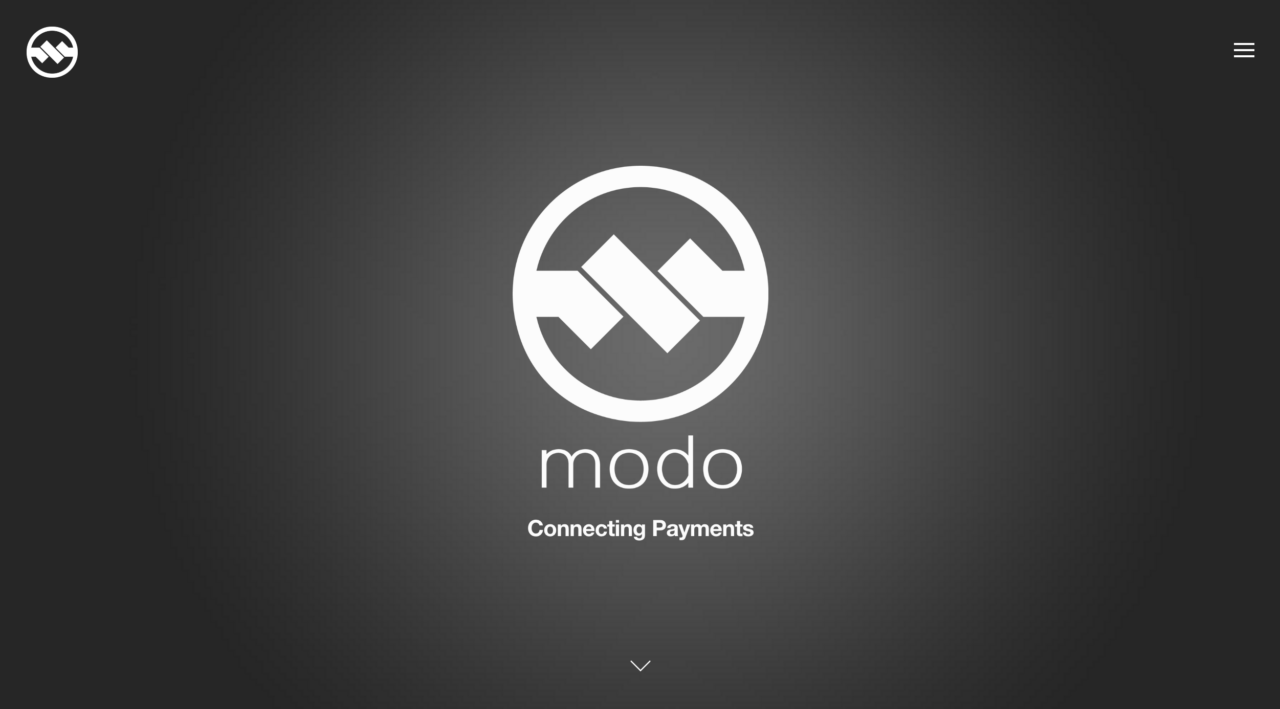
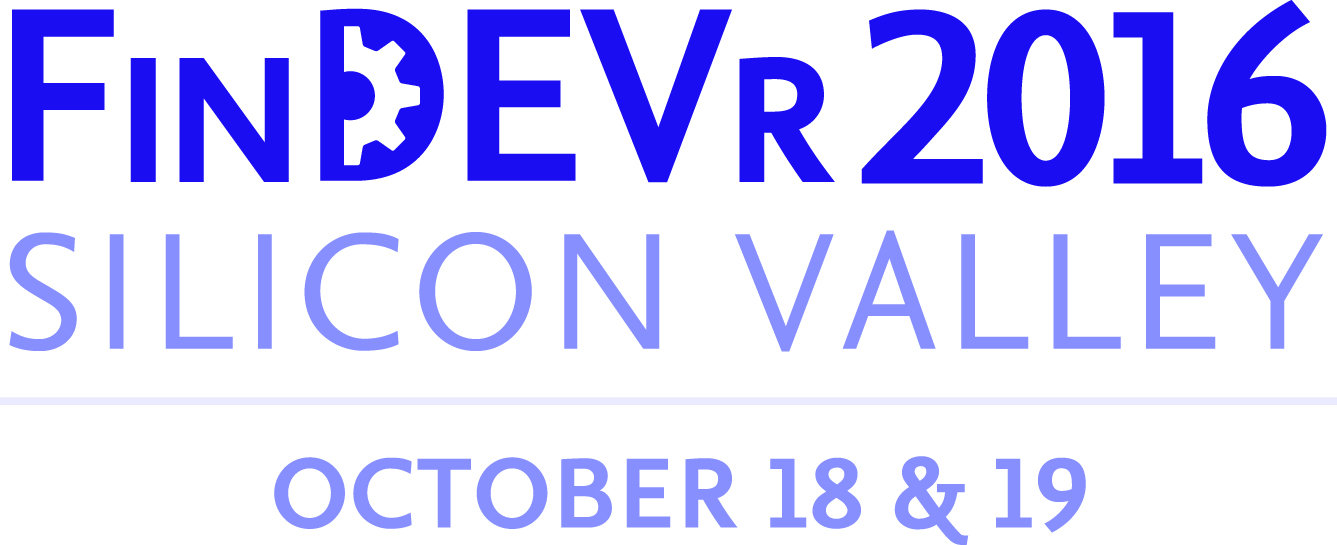 FinDEVr Previews
FinDEVr Previews